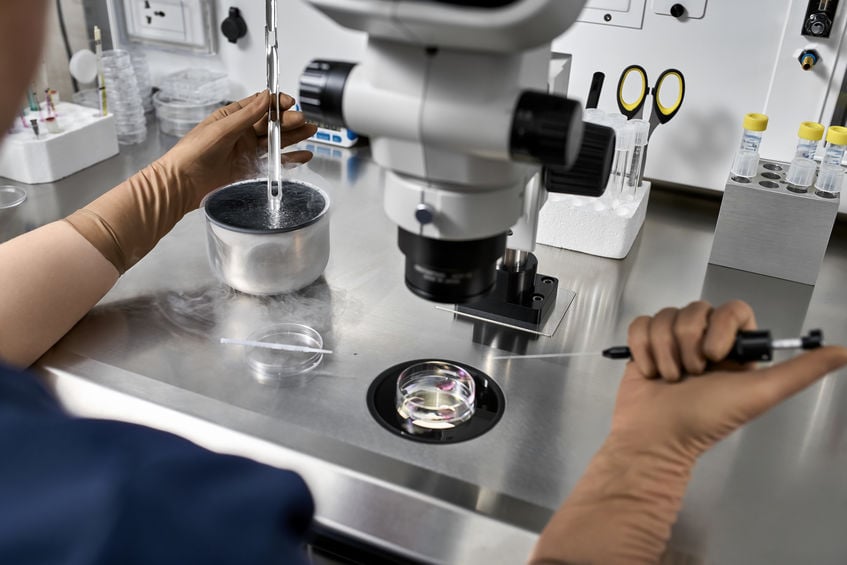Achieving Pregnancy With Blocked Fallopian Tubes
Getting pregnant with blocked fallopian tubes can be a physically and emotionally distressful experience. Fertilization occurs in the fallopian tubes however, when the tubes are blocked, fertilization is impossible. There are different types of ways, surgical or non-surgical to unblock the tubes. In some cases, doctors recommend in vitro fertilization (IVF) to achieve a successful pregnancy.

Procedures to unblock tubes
Most blocked fallopian tube procedures are surgical except fallopian tube recanalization. Surgical procedures include tubal ligation reversal surgery, salpingectomy, salpingostomy, and fimbrioplasty. Every procedure comes with risks and benefits. Some potential disadvantages include the possibility of ectopic pregnancy and common side effects like bleeding, scarring, and infection. The doctor will decide the right choice of procedure based on the patient’s medical history and physical examination.
Addressing ectopic pregnancy
After a fallopian tube surgery, ectopic pregnancy is a common and risky condition that can happen. Ectopic pregnancy is when the pregnancy occurs outside the womb or uterus. This medical situation can risk lives. If a woman becomes pregnant after a tubal surgery or has a missed period, visiting the doctor is strongly advisable.
Chances of pregnancy after a procedure
After a fallopian tube procedure, the chances of pregnancy vary from patient to patient. Predicting a successful pregnancy is based on factors such as age, sperm health, and amount of tubal damage. A successful pregnancy is favorable if a tube is healthy or if there are few adhesions with healthy tubes post-surgery.
Adding IVF after surgery
Sometimes, after surgery, the fallopian tubes are still in bad condition and pregnancy is still difficult. In such cases, doctors recommend alternate options such as IVF. This procedure involves fertilizing the eggs and sperm in the lab and implanting the embryo into the uterus. This option is recommended if there are too many thick adhesions or the walls of the tubes are thick. Hydrosalpinx, a condition where a blocked tube is filled with fluid also requires IVF after surgical treatment.
Choosing surgery or IVF
A fertility specialist will consider factors such as age, medical history and the extent of tubal damage before making a suggestion. Some women may achieve pregnancy success after a surgical procedure only, while others may need an additional treatment like IVF. In severely damaged fallopian tubes and those over 35 years of age, the doctor may directly recommend IVF. A low sperm count also may suggest the IVF option.
The path to pregnancy with blocked tubes
Blocked fallopian tubes lead to fertility issues and can make one feel hopeless. However, there is still hope to become pregnant either by surgical procedures, IVF, or both. Discuss with the doctor and explore available options to conceive. Inquire about the risks and benefits of each medical procedure.





